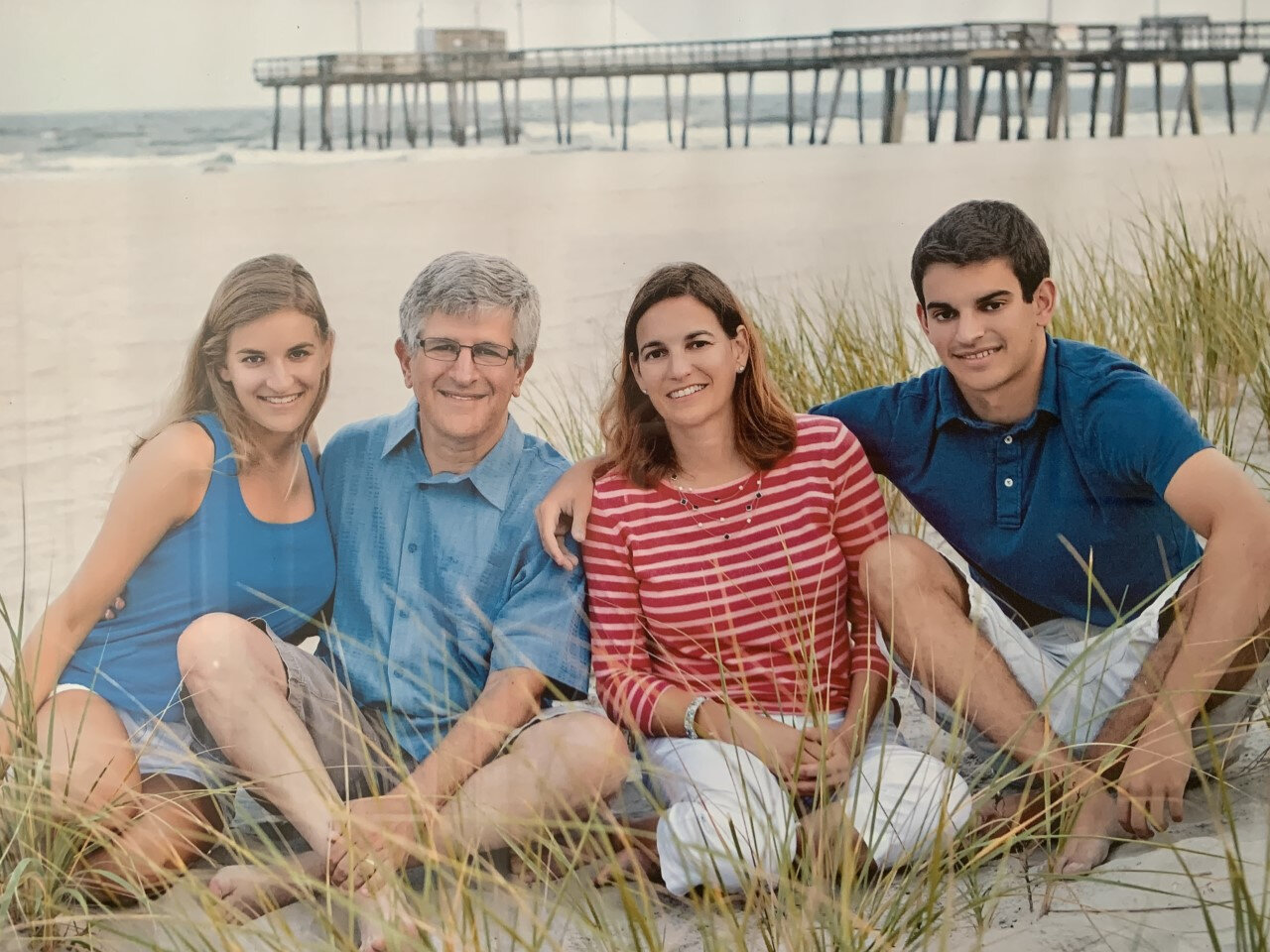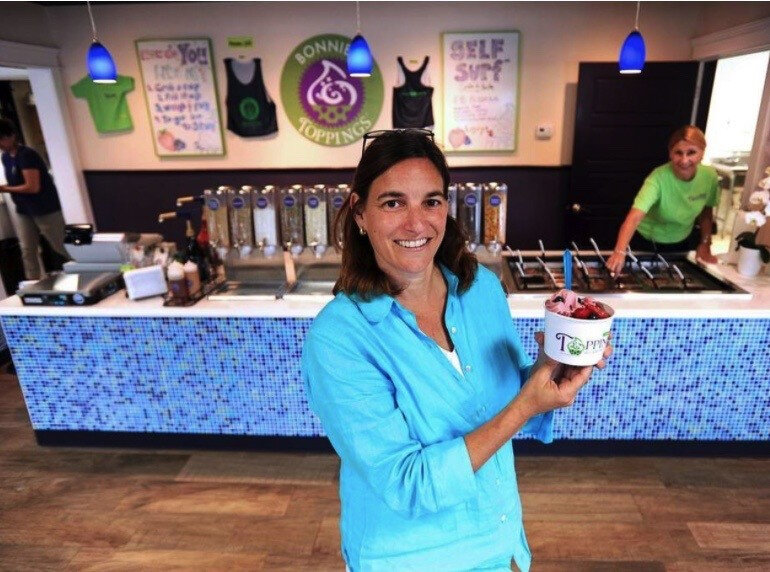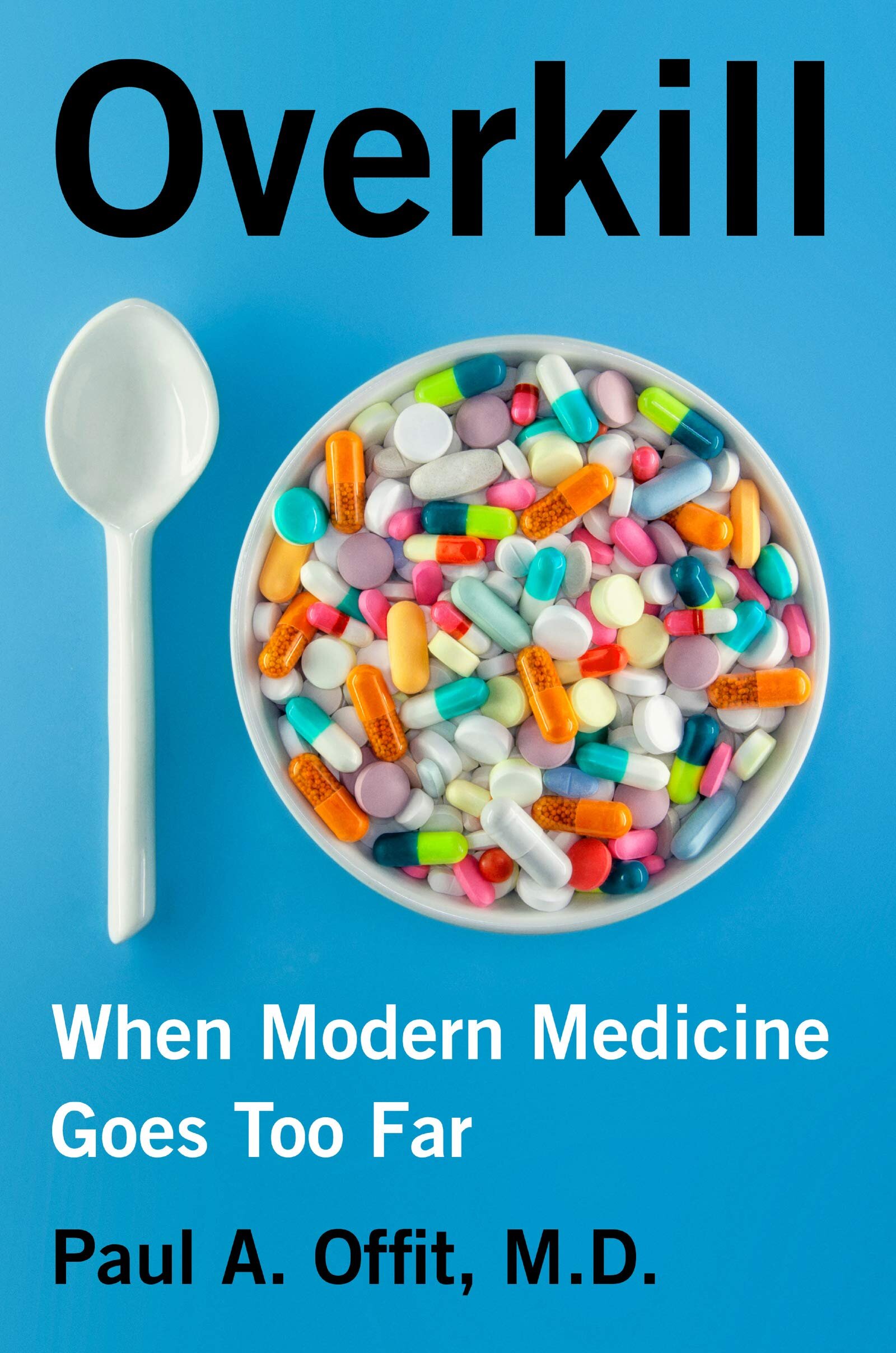Avalon’s Offit Has a Unique Perspective on COVID-19
Paul Offit
The quest for a COVID-19 vaccine passes through Avalon.
That’s where the second home of renowned pediatrician Paul Offit stands. Offit spends as much time as possible here, even while the nation’s most crippling problem demands his attention.
Offit is the director of the Vaccine Education Center at the Children’s Hospital of Philadelphia and an internationally recognized expert in the fields of virology and immunology.
The coronavirus pandemic has propelled him onto a higher stage.
Offit serves on the Food and Drug Administration’s product advisory committee, an area that includes vaccines. He has an up-close perspective on the government’s COVID-19 response, as more than 30 vaccines are in clinical trial. Companies race for the lucrative right to corner the vaccine market for the virus.
Offit, an authority on vaccine origins and methods, discussed several aspects of this issue with the Seven Mile Times. His comments fit two major categories: sophistication and simplicity.
On one hand, the nation needs to mobilize its coronavirus response. On the other, vaccines take years to develop, and people can’t just wait for one.
“We are not going to test our way out of this situation,” he asserts. “The best advice I could give right now? Wear a mask. It’s not expensive. Assume we are infected and asymptomatic, and wear the mask. This is a case, I believe, of pay me now or pay me later. We have such an interest in getting things going again that we’re not willing to pay the price to shut it down and get it under control.
“We could get on top of this in 8 to 12 weeks if everyone wore the mask.”
Locals know the Philadelphia-based Offit for several reasons. One is that his wife, Bonnie, operates the Bonnie’s Toppings frozen yogurt establishments in Stone Harbor and Avalon. The business is in its ninth year.
Two, they see him periodically on CNN or via comments he’s made to The New York Times. His viewpoints reflect the need for transparency, and patience.
Offit knows how long vaccines should take to develop. He created one, along with colleagues Fred Clark and Stanley Plotkin. They invented RotaTeq, a rotavirus vaccine manufactured by Merck & Co. The process required 26 years.
The product combats rotavirus, a cause of diarrhea that is believed to kill almost 600,000 children a year worldwide. RotaTeq probably saves hundreds of lives daily.
In 2018, Offit was awarded the Albert Sabin Gold Medal from the Sabin Vaccine Institute in Washington for his work on the oral rotavirus vaccine.
If battling the cause of diarrhea took more than a quarter-century, how long will a COVID-19 vaccine require? The initial step is merely understanding it.
“This is a novel virus,” Offit says. “It has done things we never predicted. It rages during the summer months, when viruses will usually go away. I never imagined the virus to be this bad. The flu killed 60,000 people in the United States last year. In March, I was saying on CNN that I did not think this virus was as bad as the flu.”
“I was wrong.”
But certainly not alone. Far from it. There was an overwhelming consensus, from national commentators to Dr. Anthony Fauci that reached the same conclusion. It made sense. Warm weather would come, sunlight would kill the virus and the nation would recover.



Yet the virus lives on. Many in the national spotlight have walked back previous comments, but Offit has not. He instead says the extensive life of this virus is the new normal and American citizens exacerbate it by not wearing masks.
“Unfortunately, this is the nature of who we are,” he says. “Our nation was founded on individual rights and freedoms. We don’t like to be told what to do. Whether it’s with mask-less bikers or protesters, these things are making the problem much worse.
“You can also look at the University of North Carolina. They had been given a gift. The kids can go back to school, you certainly need to go back to school, but then they don’t wear a mask and you have a 13% infectivity rate. What happens? You have to operate classes remotely.”
Vaccines often take several years to develop because they must be funded and clear several hurdles, Offit says. The vaccine he worked on required 26 years. The potential COVID-19 model might take less than one.
How does that happen? Government got involved this time. It eliminated the risk for companies, speeding up a painfully slow process.
Vaccine development is a gradual endeavor, often fraught with failure.
Offit said the process starts with a preclinical trial period involving animals. The effects of a potential vaccine on ferrets, hamsters, mice and monkeys are studied.
“The hope is that they will get sick just as humans get sick and then you have an animal model to study,” he says.
If the vaccine succeeds, it gets promoted to Phase 1. This involves 20 to 100 people.
If that goes well, it’s on to Phase 2 and hundreds of individuals. Then it’s on to thousands upon thousands in a critical Phase 3. If that succeeds, a vaccine can be mass produced.
Most vaccines hit roadblocks somewhere in these steps. But a different dynamic impacts the COVID-19 model.
“In the pharmaceutical world, there is so much financial risk with trials that the only way to take the next step forward is if the last one worked,” he notes. “That can take 15 to 20 years. Well, the government – and I think President Trump should be commended for this – took the risk out of the equation for everybody. The government said in effect that it would pay for all the Phase 3 trials, literally hundreds of them, without knowing if they really work. That could take tens of millions of dollars, but it sped up the process [because the pharmaceutical companies would not have been financially able to go this route].”
That means a vaccine could be deployed sometime in the next year. Maybe before the end of this year. It depends how quickly, and effectively, the process goes.
While it unfolds, Offit is in demand. In Philadelphia. In Washington. On television and in print.
There is uncertainty everywhere in the country, except here. Avalon is the oasis.
“I love going on long bicycle rides and relaxing in Avalon,” he says. “It is beautiful here.”

